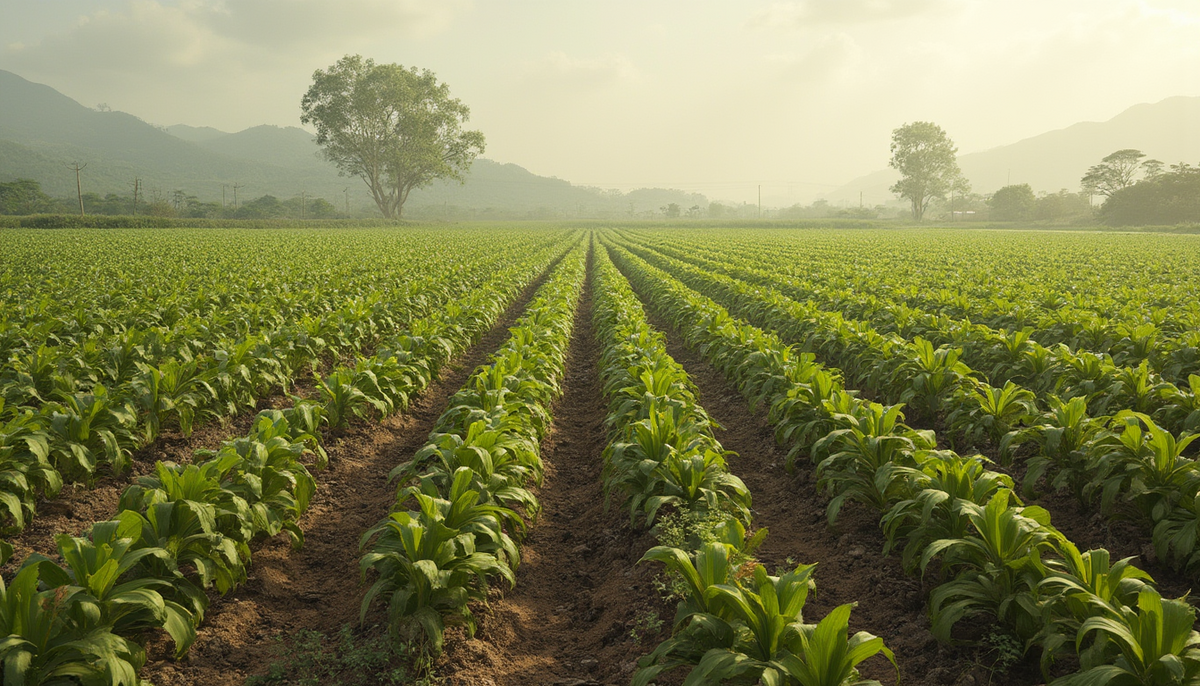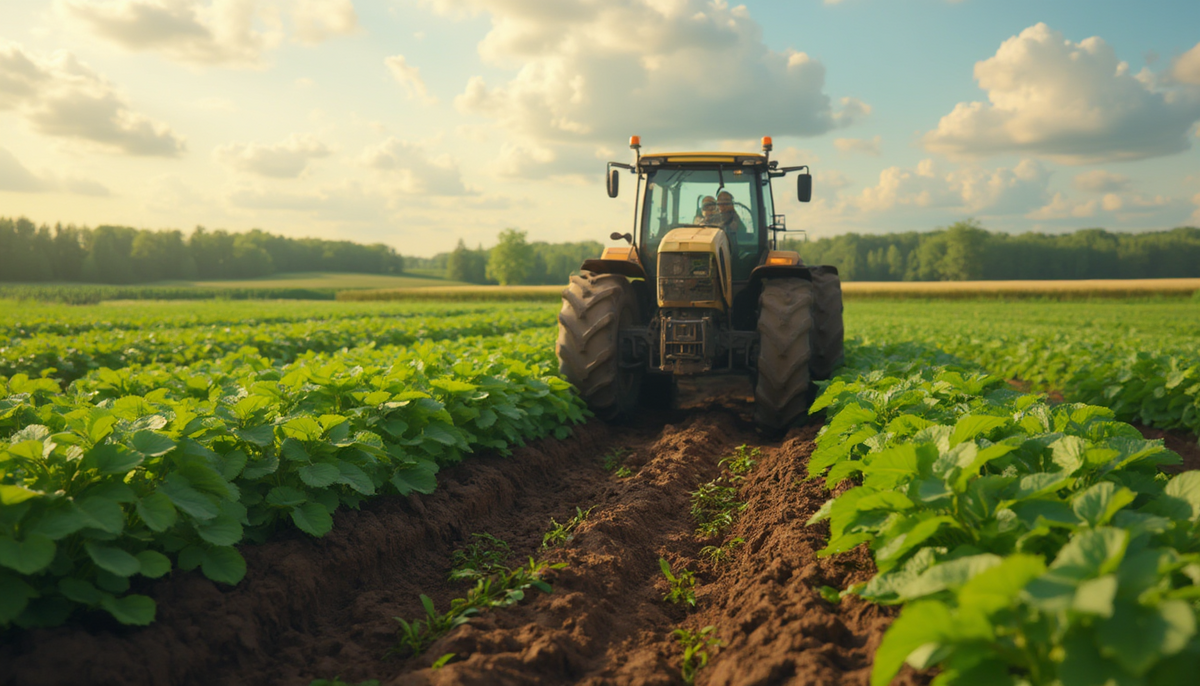Sustainable agriculture is not just a practice; it’s a commitment to a future where both people and the planet thrive. This guide explores the transformational approach of sustainable agriculture, which integrates environmental health, economic profitability, and social equity, aiming for long-term sustainability of the agricultural system.
Key Takeaways
- Environmental health is enhanced by practices that maintain the soil and reduce input of harmful chemicals.
- Economic viability of farm operations is crucial for sustainable agriculture to be a practical model.
- Social equity ensures that sustainable farming benefits all stakeholders, not just farmers.
- Technological innovations and traditional knowledge merge to promote efficiency and sustainability.
- Policy support is vital for broad adoption of sustainable agricultural practices.
Table of Contents
- What is Sustainable Agriculture?
- Environmental Impacts and Solutions
- Economic and Social Benefits
- Policy Frameworks and Educational Programs
- Conclusion
What is Sustainable Agriculture?
Sustainable agriculture is the practice of farming using principles of ecology, the study of relationships between organisms and their environment. It has a strong focus on environmental sustainability, aiming to produce food, fiber, and other plant and animal products in a way that is healthy for the environment and consumers.
The Principles of Sustainable Agriculture
This farming approach relies on three main pillars: economic profitability, environmental health, and social and economic equity. Each of these plays a vital role in the long-term sustainability of agricultural practices.
Environmental Impacts and Solutions

Traditional farming methods often degrade the environment through practices that focus heavily on productivity, often at the cost of soil health and biodiversity. Sustainable agriculture addresses these challenges through innovative practices such as crop rotation, organic fertilizers, and reduced tillage which help preserve the ecosystem.
Reducing Environmental Footprint
Sustainable practices reduce the environmental footprint by enhancing soil composition and using less water and energy. Techniques like integrated pest management and polyculture farming also decrease the need for chemical pesticides and fertilizers.
Economic and Social Benefits
Sustainable agriculture not only aims to be environmentally friendly but also economically viable and socially responsible. It seeks to provide secure and sustainable livelihoods, sufficient income to maintain a decent quality of life, and safe working conditions.

Strengthening Communities
By focusing on local markets and small-scale operations, sustainable farming supports community infrastructure and local economies, fostering community resilience against market shifts.
Policy Frameworks and Educational Programs
Effective sustainable agriculture is supported by robust policy frameworks that incentivize and reward environmentally friendly and socially equitable practices. Education also plays a crucial role in spreading sustainable practices, from on-the-ground training to academic studies.

Advocacy and Changing Policies
Organizations like Bhumi advocate for policies that support sustainable agriculture, pushing for changes that offer practical benefits to farmers adhering to these practices and ensure the health and wellbeing of all stakeholders.
Conclusion
Sustainable agriculture is crucial for the healthy development of our planet and its inhabitants. By understanding and implementing its practices, we contribute to a healthier, more equitable, and sustainable world.
To learn more about how you can support or engage with sustainable practices, visit our donate page, or read more on our Knowledge Hub.




